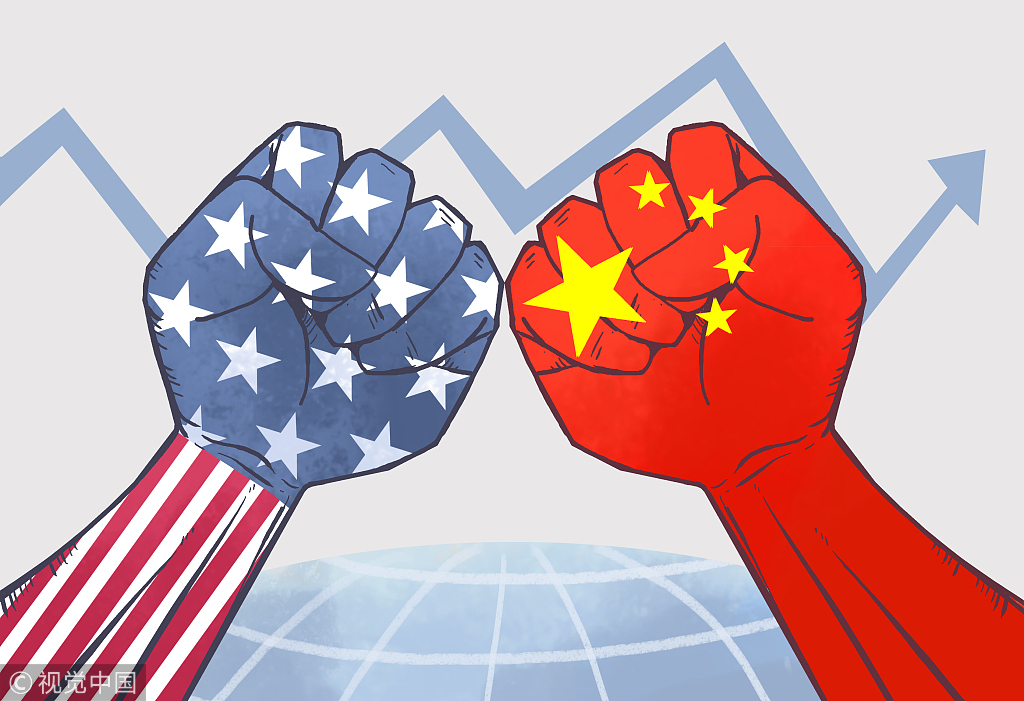New levies on $50b in goods to show Washington policy's price
China's decision to slap an additional 25 percent tariff on 659 types of US goods worth $50 billion should remind the United States government that the trade war that it has initiated has a price tag.


China's decision to slap an additional 25 percent tariff on 659 types of US goods worth $50 billion should remind the United States government that the trade war that it has initiated has a price tag.
China imposed the tariff on US goods such as agricultural, automotive and aquatic products immediately after the administration of US President Donald Trump announced on Friday tariffs on $50 billion worth of Chinese goods. Beijing's quick reaction is an unequivocal manifestation of its determination to safeguard its legitimate interests and fight protectionism.
The White House's tariff decision is a stark violation of the core spirit of consensus reached in recent China-US trade talks and is set to backfire if Washington does not back off from its dangerous adventurism.
The two nations had achieved substantial results in the three recent rounds of negotiations in Washington and Beijing, and there have been promising signs of improving trade relations despite the difficulty in entirely ironing out their trade differences in the short term.
The Trump administration's abrupt turn to tariffs, however, has served as a declaration of trade war against China and once again betrays its tumultuous, unilateral and willful decision-making style, which is set to undermine normal trade relations between the world's two biggest economies.
What the US should bear in mind is that its unilateral moves will lead to nothing but a resolute determination to fight back on the part of its trade partners, as indicated by China's imposition of tariffs on imported US goods.
Given the frequent flip-flopping of Trump's administration, it is still too early to conclude that a full-blown war is underway. But China's stance has been consistent: It welcomes dialogue but is not afraid of a trade war. It will not sit idle and allow its core interests to be damaged by any unilateral and protectionist move of any trade partner. The US should not underestimate China's resoluteness in safeguarding its national interest.
Washington also would be responsible for the nullification of previous economic and trade outcomes between the two countries.
China, as the world's second-largest economy and the largest consumer market, has announced and taken substantial moves to further open its economy, which will provide development opportunities for all countries, including the US. It will be regrettable if US companies and workers fail to benefit from China's economic liberalization moves due to Washington's refusal to cast off its adventurism.
Facing substantial damage from US unilateralism and protectionism, the world's major economies, such as China and Europe, should join hands to fight back in order to teach the US the lesson that it must pay a dear price if it stubbornly sticks to its own way regardless of the interests of other countries.



































